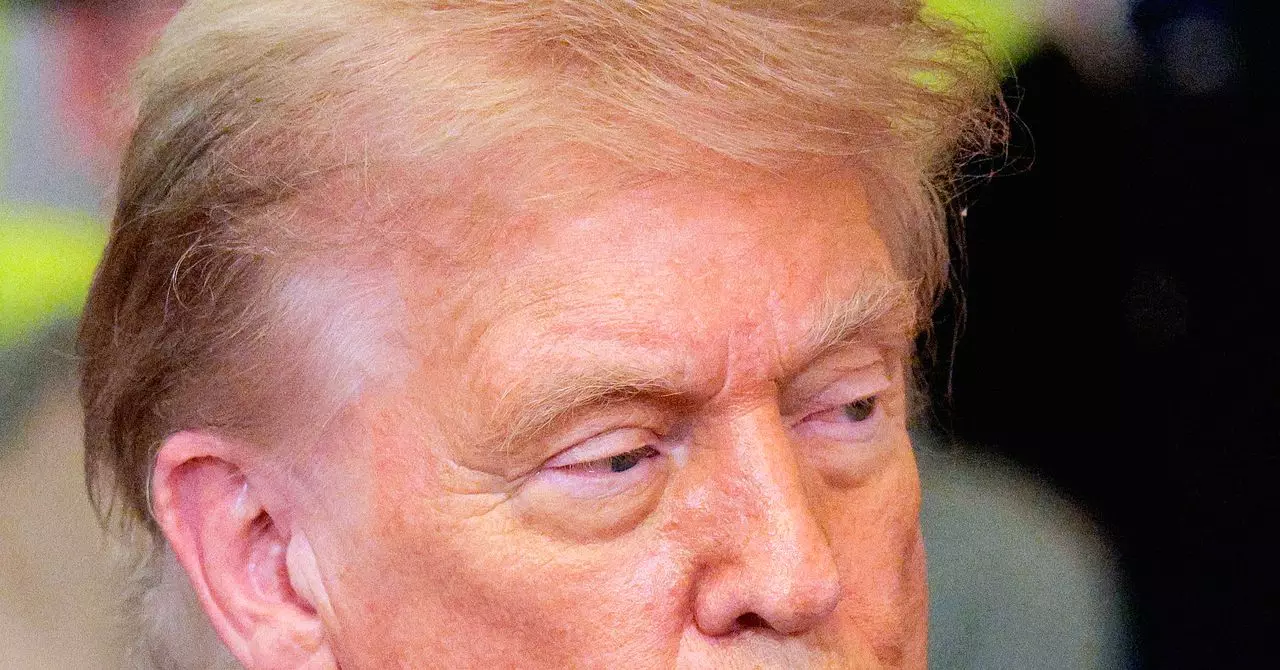The ongoing legislative drama over the AI moratorium in Congress reveals a profound struggle not just about the regulation of artificial intelligence, but more broadly about power politics and the influence of Big Tech over our legal system. Initially introduced as a 10-year pause on state-level AI regulations, this moratorium was promoted by figures like White House AI czar David Sacks, who has strong ties to venture capital and the tech industry. The proposal essentially aimed to block states from enacting restrictions on AI technologies long enough to preempt a patchwork of diverse regulations, effectively creating a federal shield for AI companies. However, the strong backlash—from state attorneys general, technologists, and ideologically distinct lawmakers—exposed just how unpopular and tone-deaf such a sweeping pause really was.
Instead of standing firm, Senate Republicans Marsha Blackburn and Ted Cruz attempted to placate critics by halving the moratorium from 10 to 5 years and carving out exceptions for specific state laws on issues like child online safety, protection of personal likeness, and unfair practices. On paper, this read like a reasonable compromise: preserve states’ ability to address some urgent problems while providing AI developers breathing room to innovate. But this compromise was swiftly criticized as superficial, barely masking its original intent: to provide Big Tech a multi-year “get-out-of-jail free card,” insulating major corporations from meaningful accountability.
The Contradictory Dance of Political Interests
What makes this story particularly revealing—and frustrating—is the contradictory posture of key lawmakers. Senator Blackburn, for example, initially opposed the moratorium, championed protections for her state’s music industry against AI deepfakes, then supported the diluted 5-year moratorium before reversing again in response to public pressure. Her wavering stance highlights how political calculations, pressures from interest groups, and ideological considerations convolute policymaking. It’s not that genuine concerns about AI’s potential harms are absent—rather, the political ecosystem struggles to square protecting citizens with pleasing powerful corporate and partisan allies.
This inconsistency is symptomatic of a deeper failure to craft coherent AI regulation that balances innovation with accountability. The partial exemptions in the moratorium language, which theoretically allow states to regulate child exploitation, deceptive practices, and rights to one’s image or voice, come with the catch that those laws cannot impose an “undue or disproportionate burden” on AI systems. This vague and loaded phrasing grants AI platforms a de facto immunity shield, enabling them to challenge almost any regulation as burdensome, thus undermining the carve-outs’ effectiveness. Critics warn that it erects a legal barrier preventing real protections, placing industry profit and convenience above public safety.
The Broader Implications for Tech and Society
This legislative tussle is more than just a procedural dispute over wording—it portends the future of technology governance in the United States. AI’s rapid integration into everything from social media algorithms to advertising, criminal justice, and online safety demands urgent, nimble regulation. Yet, Congress continues to grapple with outdated frameworks and is heavily influenced by entrenched corporate interests that favor deregulation.
More worrisome is the bipartisan dissatisfaction—with voices like Representative Marjorie Taylor Greene and unions like the International Longshore & Warehouse Union castigating the moratorium from opposite ends of the political spectrum. This unusual convergence suggests that the current approach neither respects the free market nor protects the public good effectively. Instead, it appears as an overreach disguised as moderation or, worse, a hasty retreat that leaves Americans vulnerable to AI’s unregulated harms.
Advocacy organizations like Common Sense Media argue that the moratorium—even in its reduced, “compromise” form—threatens crucial efforts to curb unsafe tech, especially regarding protecting children online. By codifying immunity shields for AI systems under the guise of preventing “undue burdens,” the legislation risks stalling innovation in AI safety and privacy, making it harder for states to innovate in public protection.
Why We Need Courage, Not Compromise, in AI Regulation
What this episode underscoring the AI moratorium debate makes painfully clear is that half-measures and vague language aren’t just insufficient—they can be dangerously misleading. While proponents promise that AI needs room to innovate, the history of unregulated tech growth is defined by social harms realized too late and often irreparably. The current legislative back-and-forth reveals the limits of congressional willingness to confront powerful tech interests honestly and robustly.
In the face of AI’s transformative potential and risks, the insistence on “moratoriums” that primarily serve industry interests undermines the moral responsibility lawmakers carry to protect constituents. It’s a prime example where political expediency and corporate lobbying are outpacing the urgent necessity to legislate AI with clear, enforceable protections that keep pace with technology—not lag behind it by years or decades.
The road ahead demands policymakers embrace courage—redefining AI governance with transparency, enforceability, and public safety as non-negotiable priorities. Anything less risks entrenching a tech ecosystem where profits trump people, with states left powerless to enact protective laws until it’s too late. This ongoing saga is a stark warning that true AI oversight won’t emerge from timid concessions but from bold and principled leadership committed to aligning AI’s growth with societal well-being.

